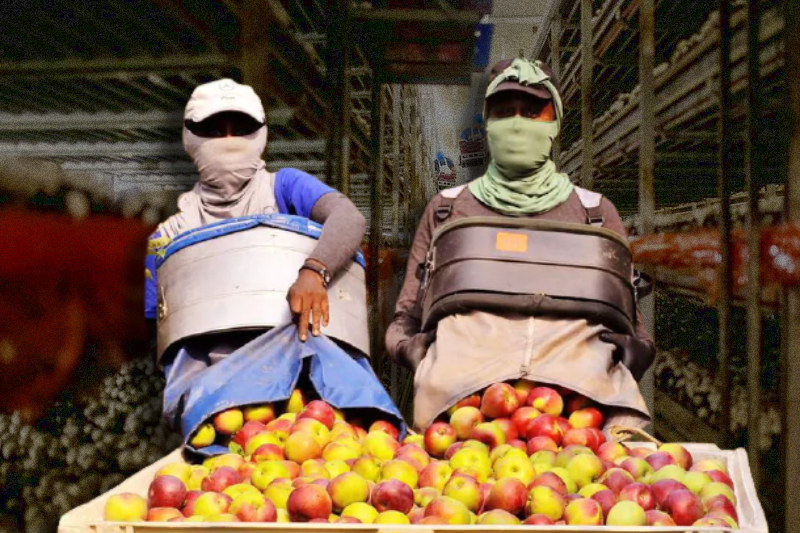
Food companies push for more temporary foreign workers as chronic labour shortage worsens
 Canada – The covid-19 pandemic is affecting labourers and markets in Canada. About 130 people got sick in one day last week at a chicken plant in Brampton, Ontario, northwest of Toronto. Some workers were affected by the Omicron variant of Covid-19. Some workers were under quarantine.
Canada – The covid-19 pandemic is affecting labourers and markets in Canada. About 130 people got sick in one day last week at a chicken plant in Brampton, Ontario, northwest of Toronto. Some workers were affected by the Omicron variant of Covid-19. Some workers were under quarantine.
Maple Lodge Farms, a major Ontario chicken processor, had to shift people to get the work done. Reportedly, fewer people were on the line to do the “value-added” tasks, such as cutting, slaughtering and trimming the Chicken. This process turns a chicken carcass into a collection of more expensive products. However, due to low staff, the farm had to shift people and request current workers to do overtime. Subsequently, some workers had to do overtime on the farm.
Michael Burrows, chief executive of the farm, said, “You have got to be careful. You are burning out your people. It is already a demanding job and now you are asking them to put in more time.”
Related Posts
Food companies can hire more temporary foreign workers
Reportedly, the labour shortage increased in recent days due to the high level of Covid-19 infection in Ontario. The labour shortage in food manufacturing reportedly floats around 15 to 20 per cent of total positions because of the ageing workforce.
Consequently, the federal government approved an emergency expansion of the Temporary Foreign Worker (TFW) program to bridge the labour gap in the short term. Companies can hire workers temporarily and get its job done.
The program would increase the cap on the number of TFWs that employers can hire to fill low-wage positions for the short term. The cap would increase to 30 per cent of an employer’s workforce for 18 months.
Kathleen Sullivan, chief executive of Food and Beverage Canada said that labour shortage is the main problem because of the Covid-19 pandemic. Kathleen Sullivan said, “I can’t tell you the stories I’m hearing from companies who have their mothers, their spouses, their children now working in the plant because no one else is available.”

















